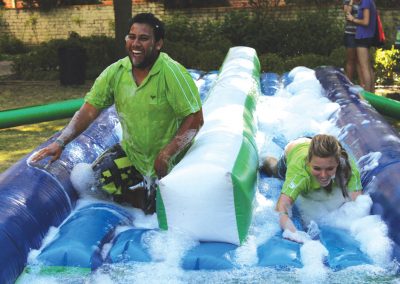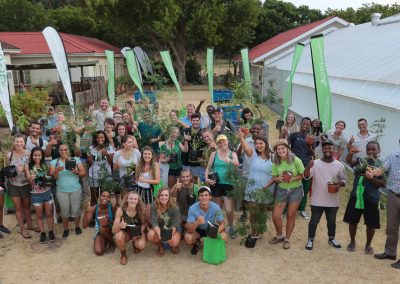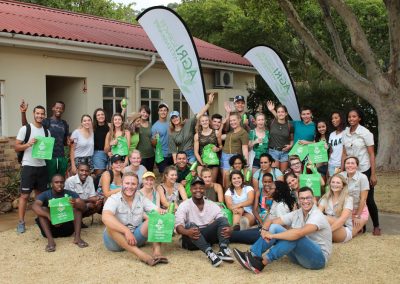AgriSciences
IFakhalthi ye-AgriSciences
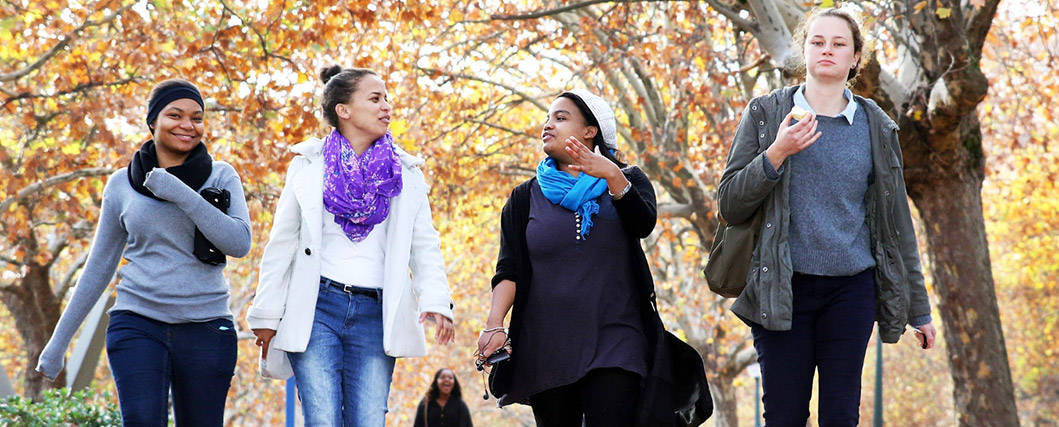
When Stellenbosch University was officially established in 1918, Agriculture was one of the first four faculties and right from the outset it made an indelible contribution to agricultural education and research in South Africa. Today the Faculty is the leader for agricultural studies on the African Continent and is ranked in the Top 50 worldwide. It is held in high esteem at national and international levels for its quality of training and the excellent research it produces, also as a consultant in the agricultural and forestry industry.
We offer programmes over 11 varied subjects fields – exciting programmes that will lead to equally exciting careers in South Africa, Africa and abroad.
We invite you to explore further and to become part of the wonderful world of the applied sciences.
P.S. We do not train farmers! We train scientists who work within the broader agricultural sector.
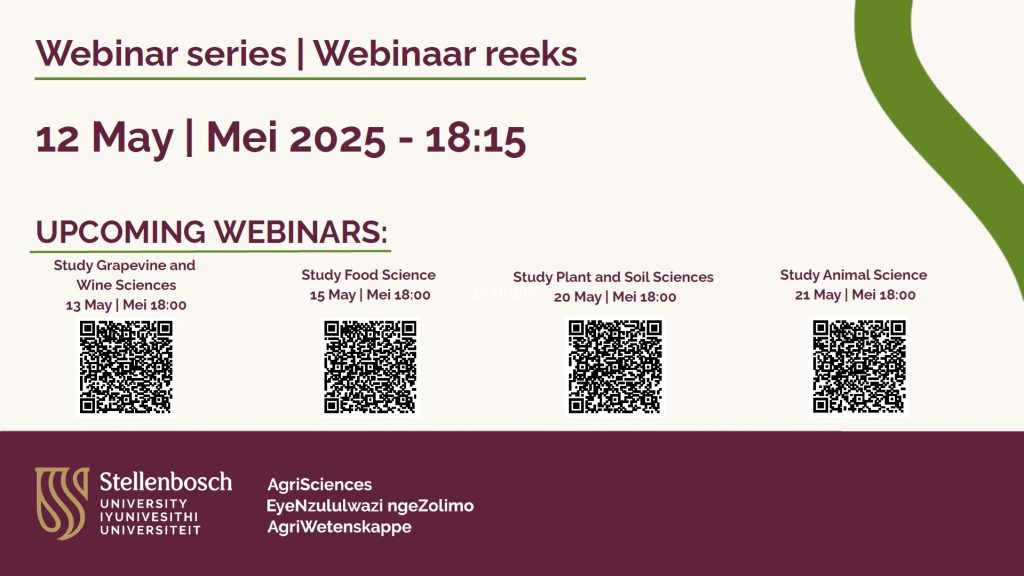
x
x
x
x
x
x
x
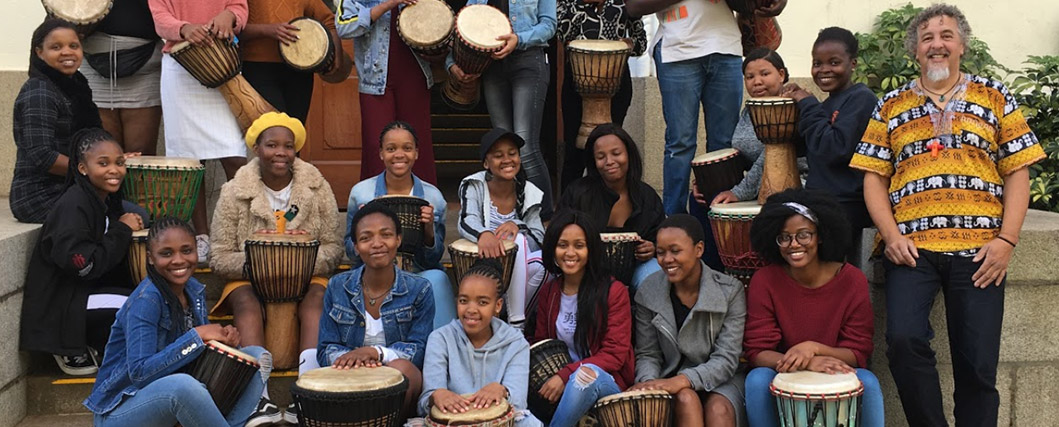
empty
empty tag
Why should I study AgriSciences?
AgriScienes is Science in practice!
AgriSciences offers a great number of exciting programmes in which you apply your science knowledge to real-life problems. The research we do and the solutions we find have a direct impact and effect on every nation, every person, and every living organism on this earth.
There is also a tremendous shortage in most areas of the applied sciences which means that there are many opportunities and a wide variety of challenging careers to follow. Should you choose to study AgriSciences you will become part of a team of experts that are highly qualified, sought after, and in-demand in South Africa, Africa, and the rest of the world.
Will I become a farmer if I study AgriSciences?
Definitely not! You would be able to farm should that be your choice, but in the Faculty we actually train scientists. Your knowledge and skills will empower you to work within the broader agricultural sector. It can, of course, include working with farmers, but it also includes a much wider range of career opportunities than only farming.
Will I wear Khaki shorts and two-tone shirts when I study AgriSciences?
Sure, if that is your style, but generally speaking, no – a definite no! The old-fashioned way of thinking that agriculture means only farming, owning land, doing manual labour and wearing specific clothing cannot be further from the truth.
How does a BSc degree differ from a BScAgric degree?
By doing a BScAgric degree you apply basic science knowledge to real problems and challenges the world is facing. You start off with basic subjects such as Chemistry, Physics, Mathematics, and Biology in your 1st year of study (similar to BSc students), but as you continue with your 2nd, 3rd, and 4th year of study you apply the science to areas that impact not only people’s lives but also those of the animal and plant kingdom.
You won’t only learn pure science, but you put your science into practice – whether it is to develop new food products; develop plants that are more resistant to drought; improve the soil in which our food grows and our animals feed on; find ways to combat plant diseases; find solutions to growing concerns of food sustainability and even to better understand business principles.
Once graduated, you will not only be equipped with the pure science of your field, but you will be able to immediately apply your science, research knowledge, and skills within the different working environments.
Will I find a job after my studies?
There are many and varied opportunities within the applied sciences that are generally viewed as scarce skills environments. And bear in mind, opportunities are not only limited to South Africa.
Are the programmes in AgriSciences offer internationally recognised?
Stellenbosch University is well recognised throughout the world as a foremost institution of higher learning. The University has more than 100 partner institutions across the globe and our AgriSciences graduates hold top positions in several countries. Our programmes do indeed open many international doors to students. However, bear in mind that every country has its own requirements concerning accreditation.
Can I study AgriSciences with Mathematical Literacy
Students need to have both Mathematics and Physical Sciences (Chemistry and Physics) to be considered for a programme in the Faculty of AgriSciences. Students with Mathematical Literacy can apply for programmes offered at the Elsenburg Agricultural Training Institute which is situated just outside Stellenbosch (visit their web page here).
Do I have to write the National Benchmark Tests (NBTs)?
If you apply for a programme in the Faculty of AgriSciences, only students who follow the School of Tomorrow curriculum must write the NBTs.
When do applications open and close?
Applications for the 2023 academic year open on 4 April 2022. Applications close on 31 July 2022. You apply electronically at www.maties.com.
When will I know if I have been selected?
The Admissions Office will evaluate your application and let you have a conditional offer as soon as possible. You need to accept this conditional offer to secure your place in the programme. After your final matric results have been released, the faculty will re-visit your application and if you meet the minimum requirements you will receive a final offer which you need to accept within a stipulated time.
What are my options if I have all the required subjects, but one or more of them do not meet the minimum requirement?
Should this be the case, then please e-mail us on agric@sun.ac.za.
An option available to you could be the Extended Degree Programme (see below).
What is the Extended Degree Programme (EDP)?
The EDP is an alternative route you can opt for to gain access to the University should you not meet the minimum requirements. It is an extra year of study during which students receive additional academic support in preparation for specific mainstream subjects and for university studies in general.
Any student who is admitted to a mainstream programme may apply for admission to a relevant EDP. Depending on school results, a student may be advised, or required, by the faculty to pursue the EDP route. A maximum of 50 students per year are selected for the EDP programmes. Preference is given to applicants from disadvantaged socio-economic and schooling backgrounds.
Prospective students, who receive a conditional offer to mainstream programmes based on their Grade 11 results, but whose final NSC, or IEB, results do not meet the minimum requirements of the relevant programme, may submit a request for a transfer into an EDP.
What do I need to qualify for the EDP?
Prospective students are considered for an EDP if they fall in one of the following categories:
|
|
EDP in the programmes leading to: BScAgric |
EDP BScAgric (Plant and Soil Sciences) with Soil Science and Chemistry |
EDP BScFor (Wood and Wood Products Sciences): |
|
CATEGORY 1 |
Average ≥55% |
Average ≥55% |
Average ≥55% |
|
Meet ALL other admission requirements |
Meet ALL other admission requirements |
Meet ALL other admission requirements |
|
|
CATEGORY 2 |
Mathematics 4 (55% – 59.9%) |
Mathematics 5 (60% – 69.9%) |
Mathematics 5 (60% – 69.9%) |
|
Meet ALL other admission requirements |
Meet ALL other admission requirements |
Meet ALL other admission requirements |
|
|
CATEGORY 3 |
Physical Science 3 (45% – 49.9%) |
Physical Science 3 (45% – 49.9%) |
Physical Science 4 (55% – 59.9%) |
|
Meet ALL other admission requirements |
Meet ALL other admission requirements |
Meet ALL other admission requirements |

